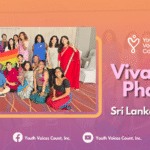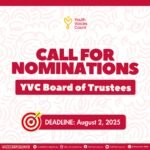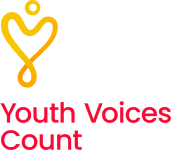Hongkong, June 2024 – “This is a world with infinite possibilities,” one professor said in a discussion during the Asia Pacific Aids and Co-Infections Conference (APACC). When people hear the word HIV or AIDS, there can be a range of reactions—from fear and misunderstanding to empathy and a desire to learn more. This diversity of responses often stems from a combination of factors including fear of the unknown, historical stigma associated with the diseases, empathy for those affected, and varying levels of understanding about how HIV and AIDS is transmitted and treated.
It is important to recognize that a diagnosis of HIV and AIDS does not define a person’s entire world or identity. There could be a lot of ways to improve the quality of life of people living with HIV (PLHIV) and prevent others from acquiring it. This is the purpose of the program, Asia Pacific Aids & Co-Infections Conference (APACC), organized by Virology Education, providing exceptional medical education programs globally, with a focus on infectious diseases.
In this year’s conference, one of the initiatives was the Asian Stigma and Discrimination Forum, which centered on the experiences of discrimination in various contexts and from different perspectives. A key highlight of the forum was the discussion on strategies to eliminate stigma, aimed at enhancing the HIV care cascade by focusing on local solutions. A workshop on digital health innovations was also conducted, focusing on the use of technology. It specifically addressed AI interventions, such as chatbots, designed to support PLHIV by providing information and fostering a sense of security in addressing their concerns. These efforts put emphasis on the multifaceted approach needed to improve the lives of PLHIV, integrating both societal change through stigma reduction efforts and technological advancements in healthcare delivery. By combining these strategies, the conference participants aimed to create more supportive and informed environments for those affected by HIV and AIDS.
Additionally, the conference featured discussions on innovative approaches to implementing delivery models, highlighting both challenges and successful best practices in Asian countries like the Philippines, Vietnam, Thailand, Singapore, and Malaysia. Plenary sessions covered clinical cases on various topics such as Advanced HIV Disease in the Asia-Pacific region, HIV in diverse populations including Aging PLHIV, Women, and Adolescents, as well as advancements in diagnostic testing, treatment, and prevention methods. The program was equipped with different capacity-building sessions that could aid researchers and healthcare providers understand and address the unique needs and experiences of each individual. These initiatives aimed to cultivate a community of healthcare professionals dedicated to delivering the best clinical care to their patients and applying the latest research findings and studies into practical clinical guidance for the effective management of people living with HIV.
Participating in this endeavor provides an opportunity to gain insight into the broader reality of PLHIV, all their sacrifices and what they have overcome. Bringing together professionals and co-advocates from around the world to share their work and knowledge at this conference shows that there is significant room for improvement and numerous opportunities for further interventions. These efforts are proof that endless possibilities exist because the global community acknowledges that life extends beyond a diagnosis.
If you have any amazing ideas or plans on engaging with us, drop us an email at secretariat@yvc-asiapacific.org ![]()
Count your voice with us! ![]()







